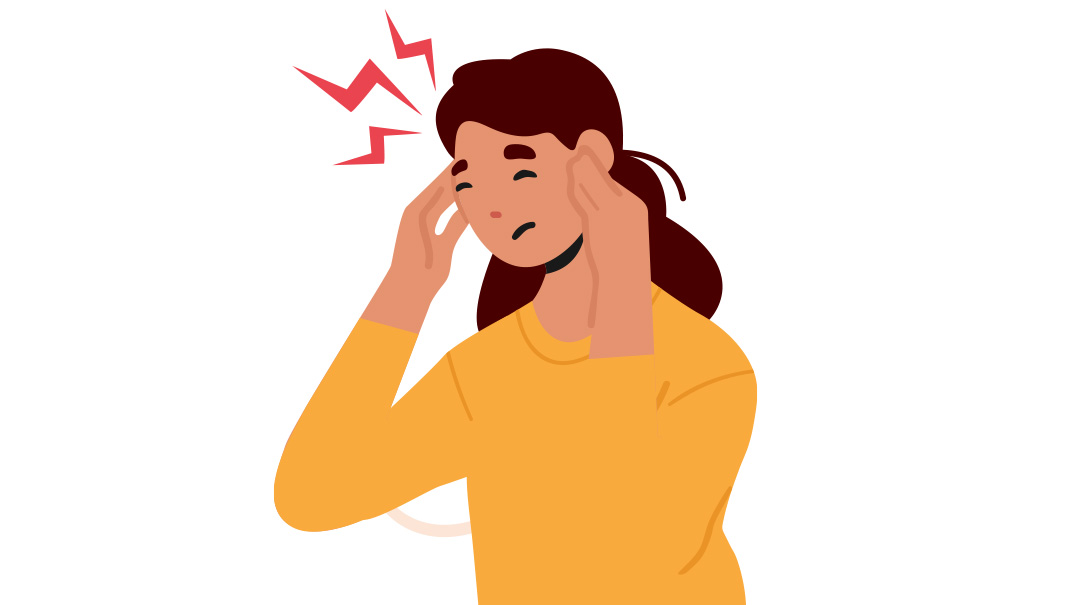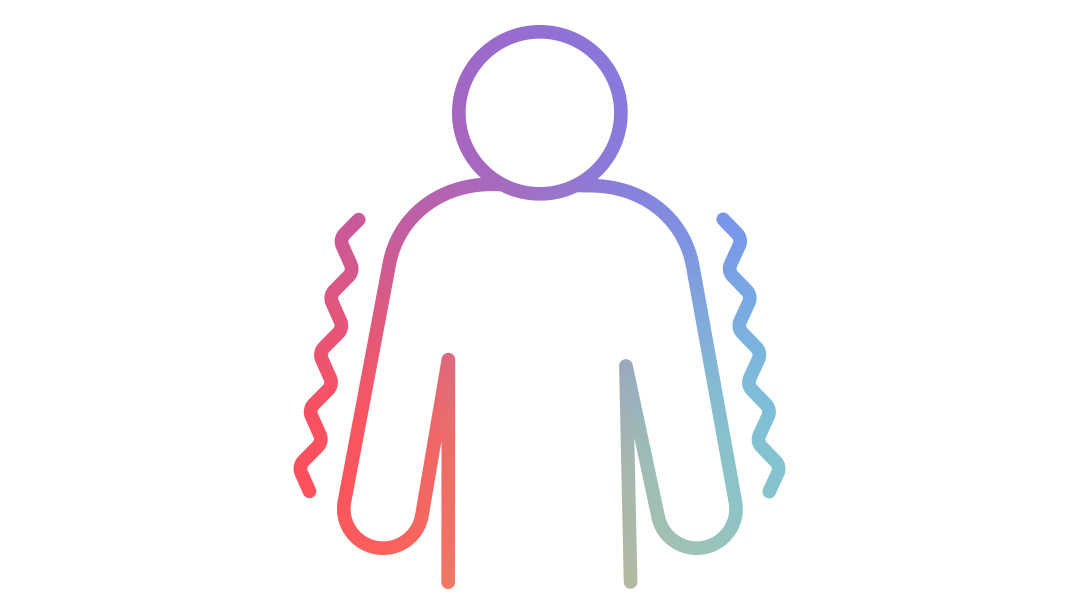Magnesium
| July 21, 2021Estimates suggest that 75% of Americans do not meet their daily magnesium requirements

Mineral Moods
Did you know that you might be lacking a vital mineral? Many teens (and adults) aren’t consuming as much magnesium as they need, and it could be causing them problems. Check out these symptoms and increase your magnesium intake for an ever-healthier you!
Are you...
- Dealing with low mood? Apathetic? Depressed? Anxious?
- Hyperactive? Restless?
- Experiencing muscle cramps? Growing pains? Leg cramps keeping you up at night?
Mineral Magic
Magnesium is a mineral which can be found in many foods. Try to incorporate the following foods into your diet to boost your magnesium levels and reap the benefits.
Seeds and nuts are high in magnesium. Almonds, pumpkin seeds, cashews and peanuts all pack a magnesium punch. (Be sure to enjoy them raw, not roasted, salted, or sugared. But you knew that already.)
You can incorporate spinach, black beans, and edamame into your daily diet. Whip up some guacamole (from avocado), cook up some potatoes, dig into your rice, and load up on yogurt. Don’t forget whole wheat bread. These are all good sources of magnesium.
Other healthy foods also contain magnesium, although not as much as the ones listed above. You can try oats (homemade oatmeal is a good idea), bananas, apples, succulent salmon and creamy milk. Add raisins to your yogurt, snack on carrot sticks, crunch on some broccoli (raw is best), dish up the kidney beans, enjoy chicken breast and meat.
If you’re eating a well-balanced diet, with rounded meals containing healthy carbs, protein, and plenty of veggies, you’re probably getting enough magnesium.
On the other hand, if you subsist largely on snacks, candy, soda, fast food, and other junk food, balancing your diet and upping your magnesium intake will help you feel a whole lot better.
Minerals Matter
What are minerals? Why are they so important? Basically, minerals are involved in myriads of processes that occur in your body, from bone building to brain health, from heart health to hormone health, from muscle health all the way to controlling fluids in your body on a cellular level. They can affect your mood, your teeth, and your future health, too (since lacking minerals for years can lead to physical deterioration). Bottom line: eat plenty of healthy food, and check out any concerning or ongoing symptoms with a doctor.
DID YOU KNOW?
True magnesium deficiency usually affects less than 2% of Americans, and it can cause severe health problems, ranging from changes in heart rhythm, high blood pressure and debilitating weakness.
DID YOU KNOW?
Estimates suggest that 75% of Americans do not meet their daily magnesium requirements.
(Originally featured in Teen Pages, Issue 870)
Oops! We could not locate your form.







